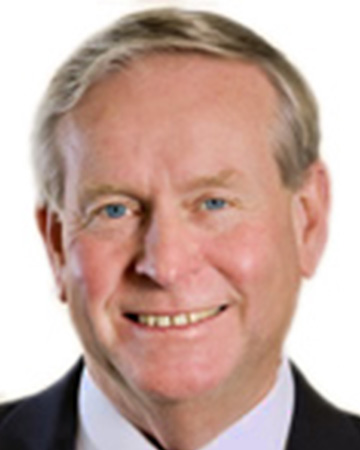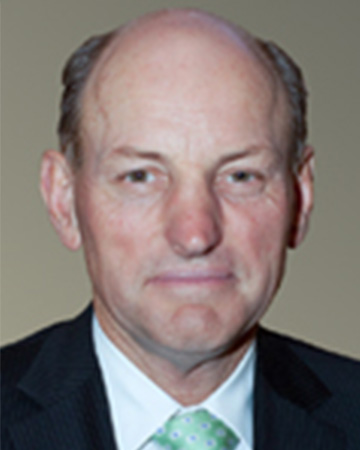
Mental health services revolutionised with Australian-first initiative
The Liberal-National Government has continued to revolutionise the management and service of mental health by today delivering on an election commitment to establish Australia's first Mental Health Commission.
The Mental Health Commission would be established from March 2010 with a focus on people living with a mental illness and their ability to recover. The commission would assume and expand upon the current functions of the Department of Health's Mental Health Division.
Premier Colin Barnett said the new commission would have its own management and budget after a phase in period. Over coming years, mental health would be separated from the Health portfolio. The commission would be responsible for operating all aspects of mental health services throughout the State, with final responsibility resting with the Mental Health Minister. The commission would have powers broadly consistent with the successful Disability Services Commission.
Services would continue to be delivered by a range of providers including area health services; community and non-profit organisations; and the private sector.
"This focus on mental health will enable the State Government to have dedicated and tailored services to provide the best possible services and planning for people with mental illness," Mr Barnett said.
"This change is an important social policy in the Government's step towards a modern and effective mental health system.
"Too often governments place the issue of mental health in the 'too hard' basket. The Liberal- National Government is facing the issues head on and is implementing nation-leading reform as it is clear from the statistics that a different approach is needed to what has gone before.
"For a long time mental health issues were a taboo subject but for this Government, silence is not acceptable. One of this Government's first actions was to appoint Australia's first Mental Health Minister and the new Mental Health Commissioner will help implement the much-needed reforms to better help people with mental illness.
"The Mental Health Commission is a key step in implementing the State Government's reform agenda outlined in the Economic Audit Committee Report and places Western Australia with the international leaders in mental health service delivery such as Canada, Scotland and New Zealand.
"The consequences of mental illness can be tragic with suicide, violence, homelessness and self harm. Mental illness issues are often exacerbated by illicit drugs and that is why this Government is also attacking the issue on that front with tough new cannabis laws."
Mental Health Minister Graham Jacobs said statistics on mental health supported the Liberal-National Government's push for reform.
"Each year one in five Western Australians experience a mental illness. In 2007, a population health study found at least half of all Australians with a mental health disorder have an issue with alcohol or drugs," Dr Jacobs said.
"A quarter of people with anxiety disorders, affective disorders and substance use disorders also have another mental disorder, 64 per cent of psychiatric in-patients may have a current or previous drug use problem, 75 per cent of people with alcohol and substance use problems may have a mental illness and 90 per cent of males with schizophrenia may have a substance use problem.
"The urgent priority in WA is to improve the way in which individualised care is provided and co-ordinated for people with mental health problems.
"Too many Western Australians with a mental illness end up in our hospitals. Too many relapse and have to return to hospital because there is no alternative.
"This new approach will ensure that mental health consumers and carers can have more input into the planning and delivery of mental health services.
"We are recognising that many of the influences of good mental health, and of mental illness, are determined by factors outside the health system.
"The announcement today will ensure there is more scope to work with the community sector. Their commitment and capacity to work with people means the non-government sector has the flexibility to be innovative and respond to emerging public needs."
Steps are under way to recruit a commissioner who will be a senior public sector chief executive empowered to lead a broad and rigorous reform agenda.
The State Government is committed to the establishment of an advisory council representing both government and non-government groups and a peak group to act as a consumer voice. These roles would enhance but not duplicate the good work that was already done by consumer advocates.
The Government-commissioned Economic Audit Committee report identified mental health as an area where there was considerable scope to do things differently to get better outcomes for the people of Western Australia.
The Economic Audit Report estimated that 15.7 per cent of the total cost of government services in the 10 largest human services agencies was paid to non-government organisations to deliver those services. In disability services it was almost 70 per cent.
Premier's office - 9222 9475
Mental Health Minister's office - 9213 6900



